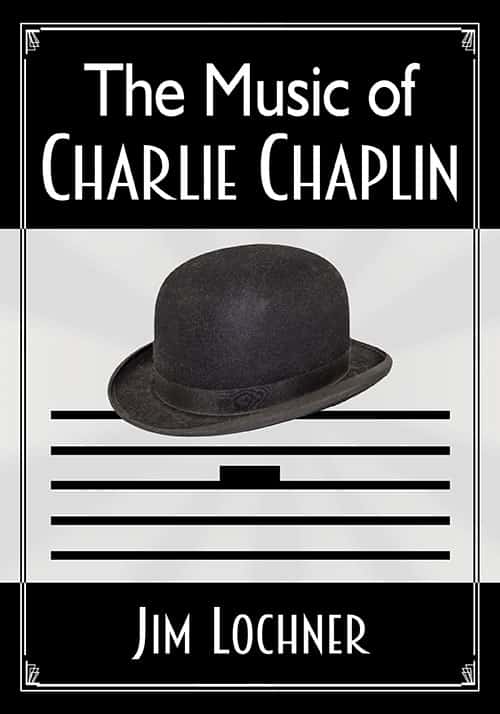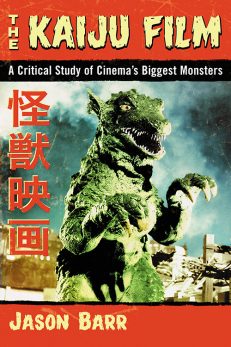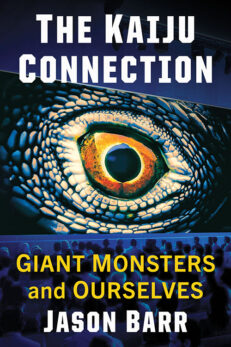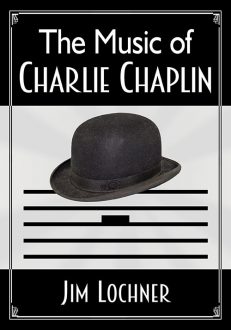The Music of Charlie Chaplin
$39.95
In stock
About the Book
Charlie Chaplin the actor is universally synonymous with his beloved Tramp character. Chaplin the director is considered one of the great auteurs and innovators of cinema history. Less well known is Chaplin the composer, whose instrumental theme for Modern Times (1936) later became the popular standard “Smile,” a Billboard hit for Nat “King” Cole in 1954.
Chaplin was prolific yet could not read or write music. It took a rotating cast of talented musicians to translate his unorthodox humming, off-key singing, and amateur piano and violin playing into the singular orchestral vision he heard in his head.
Drawing on numerous transcriptions from 60 years of original scores, this comprehensive study reveals the untold story of Chaplin the composer and the string of famous (and not-so-famous) musicians he employed, giving fresh insight into his films and shedding new light on the man behind the icon.
About the Author(s)
Bibliographic Details
Jim Lochner
Format: softcover (7 x 10)
Pages: 450
Bibliographic Info: 251 photos & illustrations, appendices, notes, bibliography, index
Copyright Date: 2018
pISBN: 978-0-7864-9611-2
eISBN: 978-1-4766-3351-0
Imprint: McFarland
Table of Contents
Copyright Notices ix
Preface 1
Introduction—And the Winners Are… 5
1: Music First Entered My Soul 9
2: Chaplinitis 23
3: The Sound of Silents 36
4: Who’ll Buy My Violets? 97
5: Charlie + The Machine 117
6: Hope Springs Eternal 143
7: Valse Mange 171
8: Tango Bitterness 183
9: Awakening 200
10: Chaplin Charts 229
11: Now That It’s Ended 239
12: Flat Feet 266
13: This Is My Song 298
14: The Sound of Silents Reprise 313
Epilogue: Time Is the Great Author 361
Appendix A: Timeline 373
Appendix B: Cue Sheets 378
The Kid (1921 Compilation Score) 378 • A Woman of Paris (1923 Original Compilation Score) 378 • A Woman of Paris (1923 Revised Compilation Score Cue Sheet) 379 • The Gold Rush (1925 Compilation Score) 380 • The Gold Rush (1925 Cue Sheet) 380 • The Circus (1928 Compilation Score) 382 • The Circus (1928 Cue Sheet) 383 • City Lights (Original Cue Sheet, 1931) 384 • City Lights (Revised Cue Sheet, July 1972) 385 • Modern Times 387 • The Great Dictator 388 • The Gold Rush (1942 Score) 389 • Monsieur Verdoux 390 • Limelight (Handwritten Cue Sheet) 390 • Limelight (1972 Cue Sheet) 391 • A King in New York (Handwritten Cue Sheet) 392 • A King in New York (Official Cue Sheet) 392 • The Chaplin Revue 393—A Dog’s Life 393; Shoulder Arms 393; The Pilgrim 393; The Pilgrim (1922 Cue Sheet) 394; The Pilgrim (UK Cue Sheet) 394; Shoulder Arms (1927 Reissue Cue Sheet) 395 • A Countess from Hong Kong 396 • The Circus (1968 Score) 396 • The Kid (1972 Score) 397 • The Idle Class 397 • Pay Day 397 • A Day’s Pleasure 397 • Sunnyside 398 • A Woman of Paris (1976 Score) 398
Chapter Notes 399
Bibliography 420
Index 429
Book Reviews & Awards
- “A welcome addition to the ocean of Chaplin studies. The book represents that rarest of things, a new Chaplin monograph that actually fills a gap in Chaplin studies. …a fine overview of the entire arc of Chaplin’s musical career and loads of fun detail along the way…meticulously researched…the wealth of information is fresh and entertaining…exhaustive research…impressive…a rich account of the cue sheets and music compilations…Lochner deftly mines the various memoirs of Chaplin’s musical collaborators for descriptions of Chaplin’s working methods when he created his orchestral arrangement.”—Film International
- “Jim Lochner takes a very fresh approach. [He] analyzes the musical genius of Chaplin and how it enriched his films. This brings an entirely new perspective to our viewing of Chaplin classics”—Pop Culture Classics.
- “A rare kind of film and music history book…provides vital insight into a person considered one of the most important figures of early cinema, and reveals an artist with a deep hunger for complete authorship…rich in detail.”—The Atlantic





